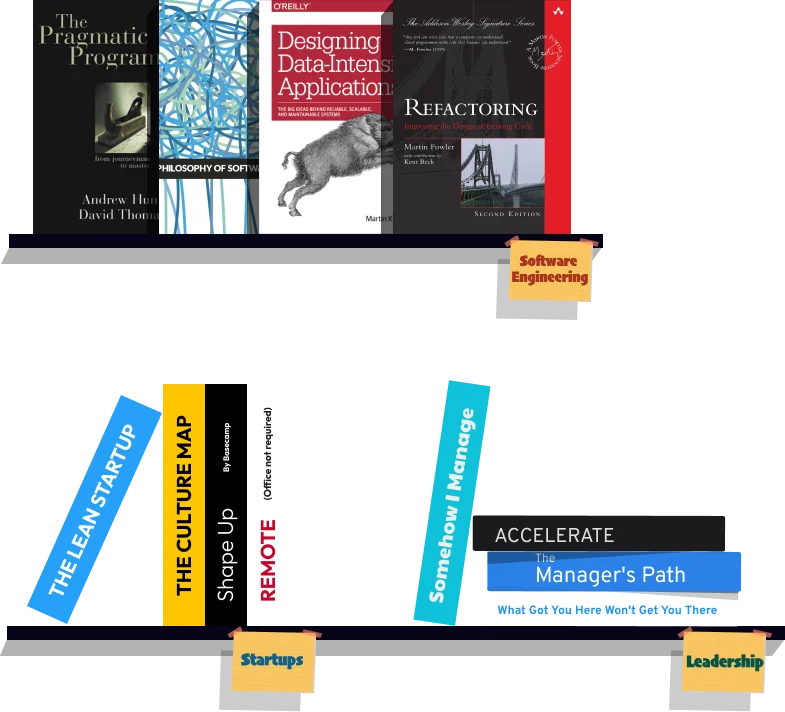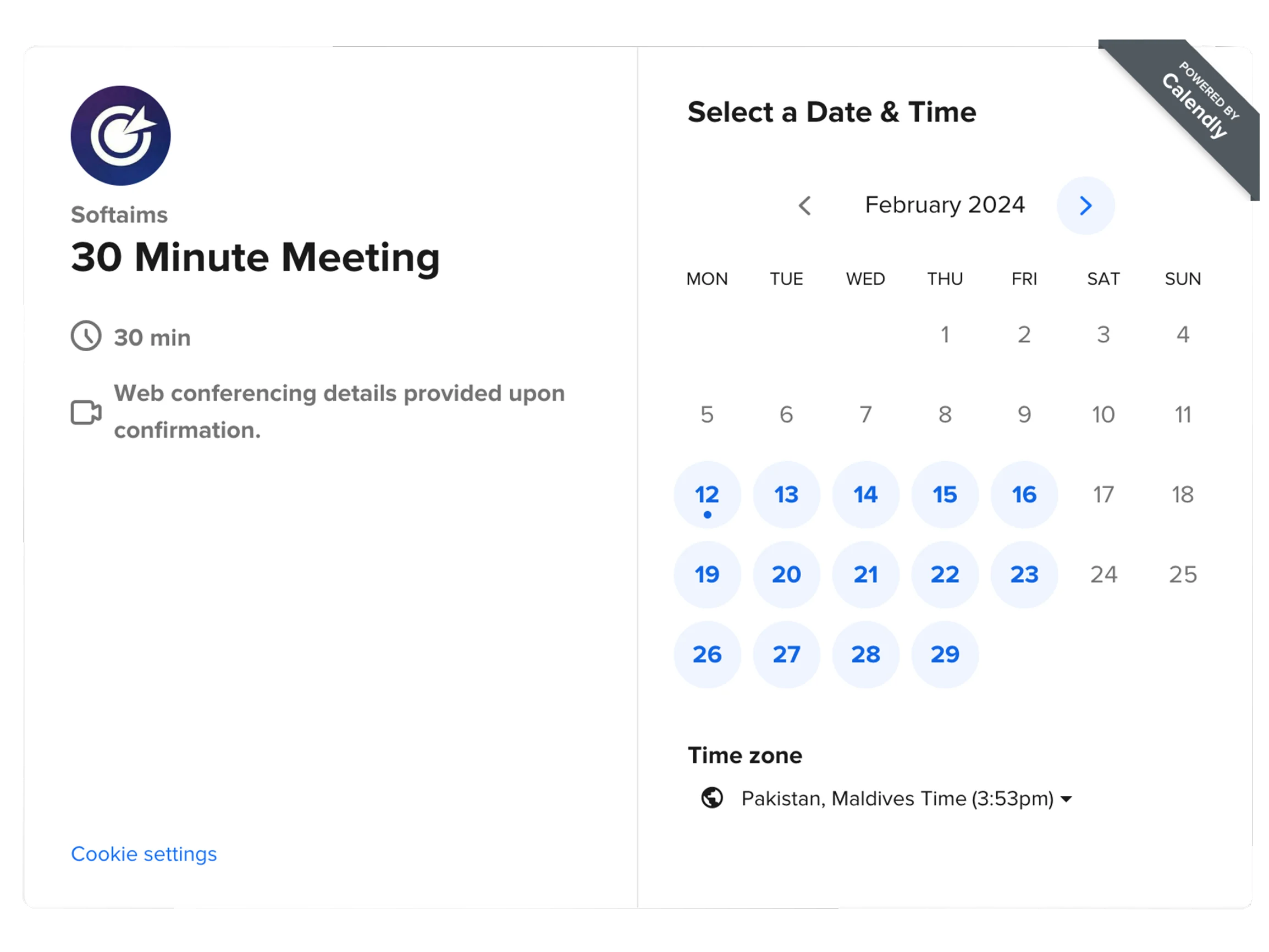The Declarative Power of a React Developer
A React developer is a front-end or full-stack engineer who specializes in building interactive user interfaces with one of the world's most popular and influential JavaScript libraries. They use React's component-based architecture and declarative approach to create complex, stateful, and highly performant web applications.

Hiring a React developer means bringing in a professional who can build sophisticated Single-Page Applications (SPAs) that feel fast and responsive. Their expertise is crucial for creating the rich, dynamic, and engaging user experiences that are the hallmark of modern web applications.
Expertise in Modern JavaScript and JSX
First and foremost, a React developer must be an expert in modern JavaScript (ES6+). A deep, practical understanding of core language features like arrow functions, destructuring, modules, and asynchronous programming with Promises and async/await is an absolute prerequisite for writing effective React code.
They must also have a mastery of JSX (JavaScript XML), the syntax extension that allows developers to write HTML-like code directly within their JavaScript. A developer who can write clean and readable JSX, such as const element = <h1>Hello, world!</h1>;, and understands how it is compiled by tools like Babel is a developer who is fluent in the language of React.
Component-Based Architecture and Props
The core philosophy of React is building UIs by composing small, reusable, and isolated pieces of code called components. A proficient candidate must be an expert at thinking in components. They need to be able to break down a complex UI design into a logical hierarchy of functional and class components.
A key skill is a deep understanding of how to pass data between components using "props" (properties). They must be able to effectively pass data down the component tree from parent to child and understand the principle of "props are read-only." This one-way data flow is a fundamental concept for building predictable and maintainable React applications.
State Management with Hooks
A top-tier React developer must have a mastery of React's modern state management system: Hooks. This is the most critical and foundational skill for a modern React developer. They need to have a deep and intuitive understanding of the most important hooks, especially useState for managing local component state and useEffect for handling side effects like data fetching.
They should be able to write a functional component that can manage its own state and interact with the outside world, for example: const [count, setCount] = useState(0);. An understanding of other hooks like useContext for avoiding "prop drilling" and useRef for accessing DOM elements is also essential.
Advanced State Management
For large and complex applications, managing state that needs to be shared across many components can become a challenge. A senior React developer should have experience with a dedicated, global state management library. The most established and widely-used library is Redux, and proficiency with the modern Redux Toolkit is a key skill.
They should understand the core principles of Redux, such as the central store, actions, and reducers, which enable a predictable and unidirectional data flow for the entire application. Experience with other popular state management solutions like Zustand or MobX is also highly valuable.
Routing with React Router
Most React applications are Single-Page Applications (SPAs), which require a client-side routing solution to handle navigation between different "pages" or views. A candidate must have hands-on expertise with React Router, the de facto standard library for routing in the React ecosystem.
They should be able to define routes, create links for navigation, and handle dynamic route parameters to create pages with variable content (e.g., a user profile page). An understanding of how to protect certain routes with authentication is also a critical practical skill.
Interacting with APIs
Modern web applications are data-driven, and a React developer must be an expert at fetching and displaying data from backend APIs. As mentioned, this requires a mastery of asynchronous JavaScript using async/await and the fetch API or a library like Axios.
A key skill is knowing how to manage the entire data-fetching lifecycle within a React component. This includes using the useEffect hook to trigger the fetch, managing loading and error states in the UI, and updating the component's state with the received data. Experience with a modern data-fetching library like React Query or SWR is a huge plus, as they greatly simplify this process.
Testing a React Application
A commitment to quality is demonstrated by a strong testing discipline. A professional React developer must be experienced in writing automated tests to ensure their components and application logic are reliable and bug-free. The standard toolchain for this is the Jest testing framework combined with the React Testing Library.
They must be skilled at writing tests that simulate user behavior and assert that the component renders the correct output. The philosophy of the React Testing Library is to write tests that resemble how a user interacts with the application, and a developer who has embraced this approach (e.g., expect(screen.getByText('Submit')).toBeInTheDocument()) is a developer who writes more robust and maintainable tests.
The React Ecosystem and Tooling
A proficient React developer is an expert navigator of the modern front-end toolchain. They must be comfortable setting up a new project using a modern build tool like Vite or the classic Create React App. This includes managing project dependencies with npm or Yarn and understanding how the development server works.
They should also be familiar with the broader ecosystem of libraries that are commonly used with React. This includes component libraries like Material-UI or Ant Design for building UIs quickly, and form-handling libraries like Formik or React Hook Form to manage complex forms with validation.
Performance Optimization
React's virtual DOM is fast by default, but in a large and complex application, performance can still be a challenge. An experienced React developer must know how to identify and fix performance bottlenecks. They should be proficient with the React Developer Tools for profiling their components to see which ones are re-rendering unnecessarily.
They need to have a solid understanding of React's optimization techniques, such as using React.memo to prevent re-renders of components whose props have not changed, and the useMemo and useCallback hooks to memoize expensive calculations or functions. A proactive approach to performance is a key attribute of a senior engineer.
How Much Does It Cost to Hire a React Developer
The cost to hire a React developer is high, as React is the most popular and in-demand front-end library in the world. The salary is heavily influenced by their geographic location, overall years of experience, and their proficiency with the broader React ecosystem, including state management libraries and testing tools.
Tech hubs in North America and Western Europe have the highest salary expectations. The following table provides an estimated average annual salary for a mid-level React developer to illustrate these global differences.
| Country |
Average Annual Salary (USD) |
| United States |
$125,000 |
| United Kingdom |
$82,000 |
| Germany |
$80,000 |
| Canada |
$95,000 |
| Australia |
$90,000 |
| Poland |
$58,000 |
| Ukraine |
$55,000 |
| India |
$40,000 |
| Brazil |
$50,000 |
| Netherlands |
$85,000 |
When to Hire Dedicated React Developers Versus Freelance React Developers
Hiring a dedicated, full-time React developer is the best choice for building and maintaining a core, long-term web application. A dedicated team member can take deep ownership of the front-end architecture, ensure consistency in the component library, and contribute to the long-term evolution and scalability of the user interface.
Hiring a freelance React developer is a more tactical decision, perfect for short-term projects or for augmenting your team's capacity. This is an ideal model for building a new landing page, creating a prototype, or getting expert help to implement a specific, complex UI feature. Freelancers offer flexibility and specialized skills on demand without the long-term overhead.
Why Do Companies Hire React Developers
Companies hire React developers because it is the most popular and widely-supported front-end library, which gives them access to a massive talent pool and a rich ecosystem of tools and libraries. React's component-based architecture allows teams to build complex, scalable, and maintainable user interfaces with incredible speed and efficiency.
Furthermore, React's "learn once, write anywhere" philosophy allows companies to leverage their React talent for more than just web development. With technologies like React Native, the same developers and the same core principles can be used to build native mobile applications, creating a highly efficient and unified engineering organization.
In conclusion, hiring a top-tier React developer requires finding a professional who has not only mastered the library's declarative, component-based paradigm but is also a disciplined and modern JavaScript engineer. The ideal candidate will combine a deep and practical understanding of React Hooks and state management with a strong commitment to testing, performance, and the overall user experience. By prioritizing these skills, organizations can build powerful teams capable of creating the sophisticated and delightful user interfaces that define the modern web.



































